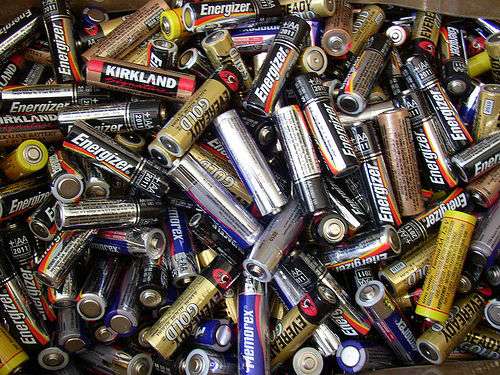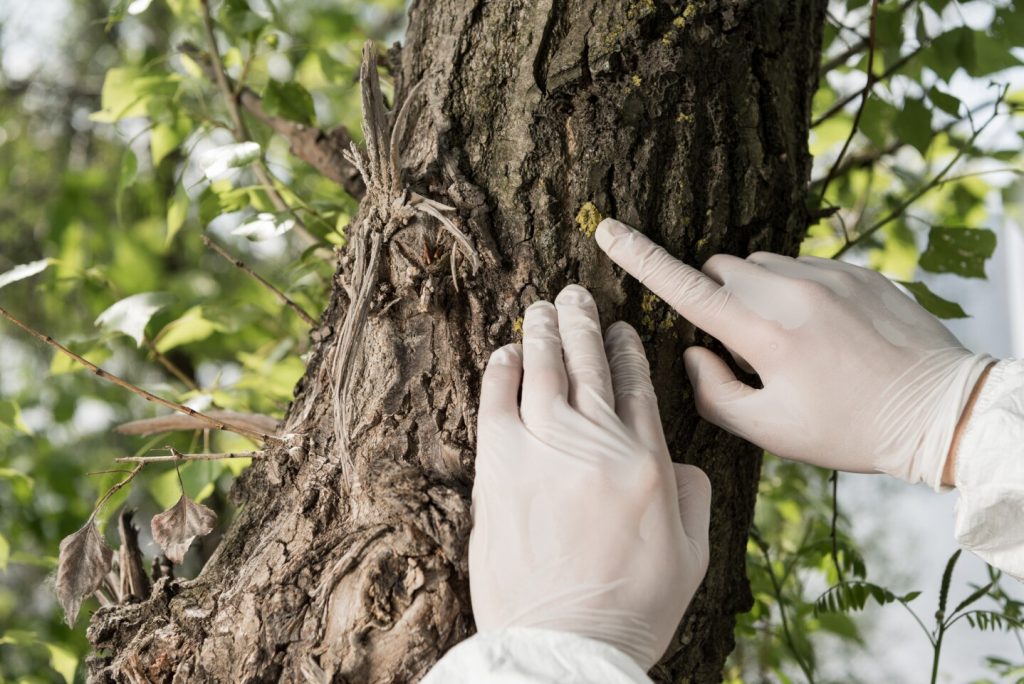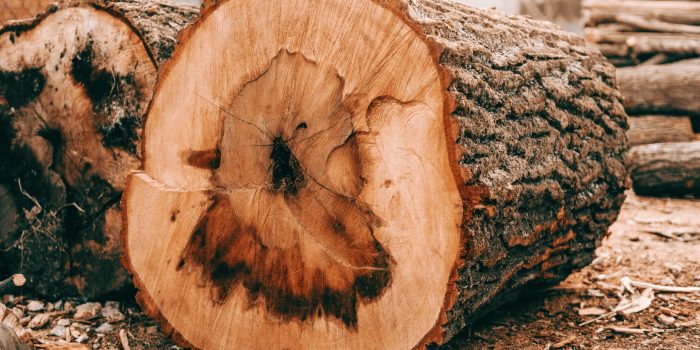It’s time to re-learn some science as wood is now used to conduct electricity, to some extent.
Scientists have been trying to find alternatives to lithium batteries which use a liquid electrolyte to carry ions between two electrodes. A team of authors has come up with a new study published in the Nature in which they used cellulose derived from wood as the basis for one of the electrolytes to conduct electricity. The resultant electrolyte is paper-thin and can bend and absorb stress as the battery cycles.
Most of the solid electrolytes developed so far are made from ceramic materials which provide high conductivity but when it comes to stress during charging and discharging, they don’t stand a chance because of their brittle nature. To overcome this problem, scientists from Brown University and the University of Maryland sought an alternative to this and found that cellulose nanofibrils in wood were a good choice for the electrolyte material.

The wood-derived polymer tubes were then combined with copper to form a solid ion conductor which resulted in a similar conductivity to ceramics and between 10 and 100 times better than other polymer ion conductors. This is due to the fact that by adding copper, it creates space between the cellulose polymer chains for “ion superhighways” to form which in turn allow the lithium ions to travel with record efficiency.

“By incorporating copper with one-dimensional cellulose nanofibrils, we demonstrated that the normally ion-insulating cellulose offers a speedier lithium-ion transport within the polymer chains,” said study author Liangbing Hu. “In fact, we found this ion conductor achieved a record high ionic conductivity among all solid polymer electrolytes. And because of the thin and flexible nature of this material, the scientists believe that it will better tolerate the stresses of battery cycling as well.
“Using materials nature provides will reduce the overall impact of battery manufacture to our environment,” said another author Yue Qi.


